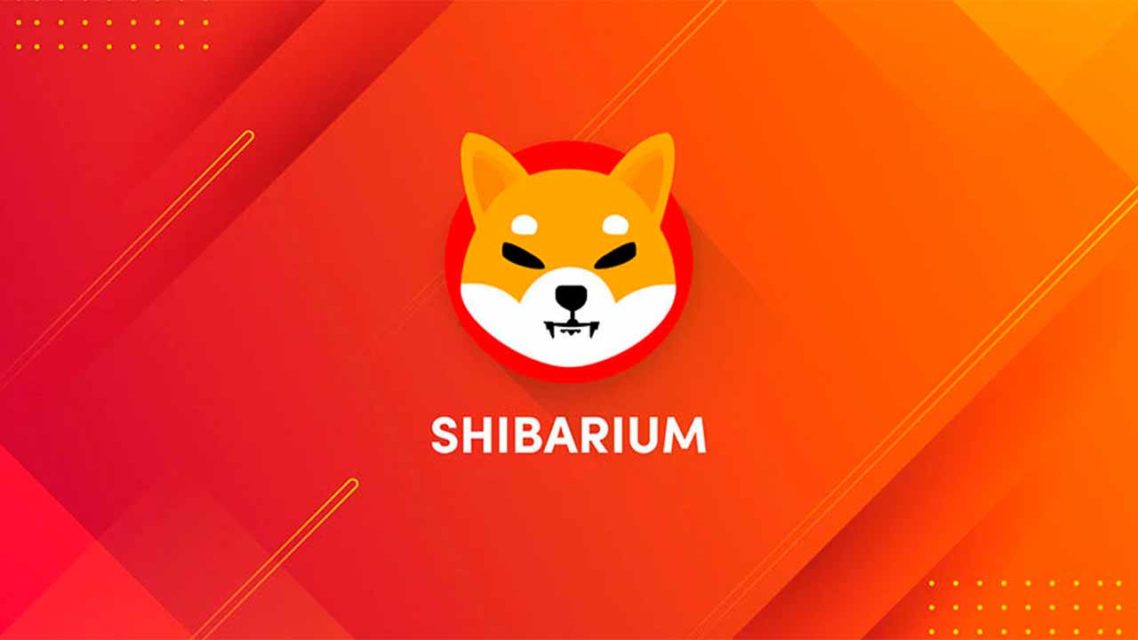Shibarium is the highly anticipated second layer blockchain network from Shiba Inu. This new network aims to address pressing issues such as scalability and transaction costs in the Ethereum network.
What is shibarium?
Shibarium is a new Layer 2 blockchain developed by the Shiba Inu project. As a Tier 2 solution, it is designed to seamlessly interact with the primary Ethereum blockchain (Tier 1) to provide a more scalable and cost-effective transaction platform.
This new blockchain aims to address some of the core issues plaguing Ethereum, notably expensive gas fees and slow transaction times.
By offering faster and cheaper transactions, Shibarium not only increases the availability of the Shiba Inu token, but also has the potential to play an important role in the wider adoption of blockchain technology. The Shiba Inu community looks forward to its arrival, seeing Shibarium as an important step in the evolution of the token from a “meme coin” to a powerful player in decentralized finance.
Shibarium exemplifies an innovative approach to blockchain scalability and efficiency as a Tier 2 solution. Layer 2 solutions are protocols built on top of a core blockchain (Layer 1) to increase capacity and speed.
By processing transactions off the main Ethereum chain, Shibarium significantly reduces the load on the network, providing faster transaction times and lower fees. The Tier 2 solution could potentially revolutionize transactions in the Shiba Inu ecosystem, making it more accessible and attractive to users.
While the current high gas prices and slow transactions on the Ethereum network are a hurdle for many, the introduction of Shibarium means a proactive step in overcoming such challenges. Therefore, it is crucial for the growth of the Shiba Inu token.

How does Shibarium work?
Shibarium, like other key Tier 2 solutions, aims to transfer some of its computing activities off-chain. This plan aims to reduce the burden caused by transactions on Ethereum’s mainnet. The gas fee set in the upcoming blockchain will be paid in BONE, and twenty million BONE tokens will be allocated as an incentive for validators and agents in the Shibarium ecosystem.
The network will run with Heimdall Validator and Bor block generator nodes and will be compared to Polygon (MATIC). While Bor will be fully compatible with the Ethereum Virtual Machine (EVM), it will be built on top of the Heimdall Tendermint consensus engine.
On the Shibarium network, users are required to lock 10,000 BONE tokens to qualify as validators. For those who want to support the network without participating in the node operation, the option to roll over their tokens will be available.
Six different categories of exhibitors were invited to join Shibarium’s newly announced Join Shibarium platform. This platform encourages “web3/web4” application developers to create software on the network platform. Entrepreneurs in the cryptocurrency space can move their startups to this blockchain. Registrations for validators and agents are also ongoing.
Additionally, businesses wishing to implement Shiba Inu for payments can initiate their application through the “Join Shibarium” site, made possible by an active Tier 2 solution. Ecosystem administrators and content producers can take part in the network’s marketing and development initiatives by submitting their applications.
Shibarium launchpads and dApps
The ecosystem is expanding its support for new projects through launchpads. Dogpad is represented by DOGPAD token and ShibPad serves as launch platforms using SHIBP, helping projects gain traction and visibility.
A wide variety of decentralized applications (dApps) also enrich the Shibarium ecosystem. Driven by the CHOMP token, Shib Chomp provides secure storage solutions. Treat is powered by the stablecoin governance token TREAT, improving stability and governance. Prodigy offers a sniper bot for efficient trading with PRO token. Shibarium Name Service (SNS) simplifies addresses similar to Ethereum Name Service (ENS).

What is the significance of the Shibarium to the Shiba Inu?
The importance of the Shibarium to the Shiba Inu is multifaceted and encompasses several critical aspects ready to develop the project’s capabilities and long-term potential:
- Enhanced transaction efficiency: The network provides a layer 2 solution to the Shiba Inu ecosystem, enabling faster transaction times. This progress is expected to accommodate significant growth and increase transaction speeds, but additional time may be required before definitive yield data are available.
- Reduced transaction costs: Ethereum users have often struggled with exorbitant transaction fees, which at times exceed the transaction value. With Shibarium’s implementation, the layer 2 solution is expected to unburden high transaction costs by minimizing gas fees.
- Development of the token utility: Although over 40% of SHIB tokens have been burned, their large supply is a major barrier to growth. Shibarium overcomes this challenge by making BONE its own local currency. Validators within the network will receive compensation in BONE for securing and verifying transactions. Also, SHIB will be used in the new environment to control the amount of over-inflated.
- dApp creation: Decentralized applications (dApps) run on peer-to-peer networks, but the original meme coin lacked the necessary resources to serve as a native coin for DApps. Shibarium aims to build a robust ecosystem that leverages Ethereum and its layer 2 solution by providing developers with the technical resources needed to build custom DApps for the Shiba Inu ecosystem.